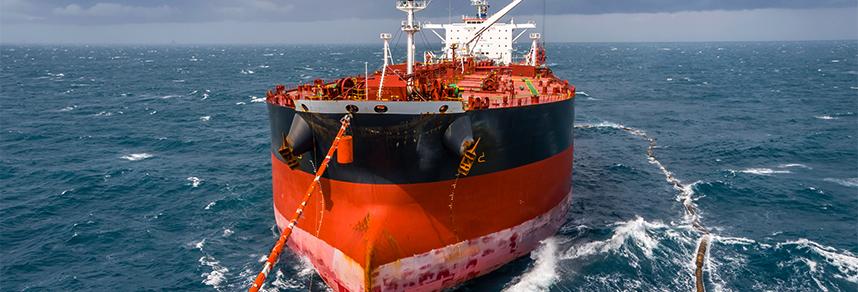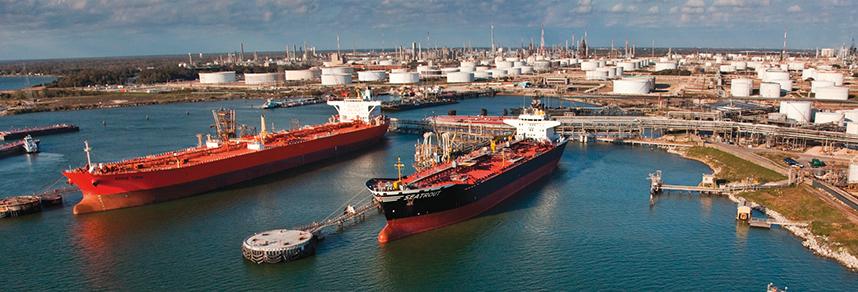OCIMF has a suite of four Management Self-Assessment titles, Tanker Management and Self-Assessment (TMSA), Offshore Vessel Management and Self-Assessment (OVMSA), Marine Terminal Management and Self-Assessment (MTMSA) and the Ship-to-Ship Service Provider Management and Self-Assessment Guide.
MSA Overview
The Management and Self-Assessment (MSA) Programme and books are a unique tool developed by OCIMF to help organisations assess, measure their management systems against industry best practices.
These programmes will help organisations improve and align their policies and procedures with industry best practices on safety and pollution prevention.
The MSA tool is available in all programmes and can be made available to Programme Recipients:
- SIRE: Tanker Management and Self-Assessment (TMSA).
- BIRE: Tanker Management and Self-Assessment (TMSA).
- OVID: Offshore Vessel Management Self-Assessment (OVMSA).
- MTIS: Marine Terminal Management Self-Assessment (MTMSA).
- STS SP MSA: Ship-to-Ship Service Provider Management and Self-Assessment (STS SP MSA)
Vessel and Terminal Operators can generate and use the appropriate Self-Assessment questionnaires within the Programmes to self-assess their safety management practices.
Vessel Operators within SIRE and OVID complete one MSA document for an overview of the management of all their vessels.
Terminal Operators registered within the MTIS programme need to complete one MTMSA for each terminal they are responsible for.
About MSA
Each MSA consists of a series of elements (chapters). These elements consist of a series of questions that relate to stages within that element. These stages indicate the standard of management that the organisation is operating at, i.e. the higher the stage the higher the standard.
At each stage, the management company (vessel or terminal operator) answers key performance indicator questions to indicate their level of management performance which is then assessed against recommended best practices. This assessment then allows the management company to assign a level of performance for each element.
MSAs are designed to be used by management companies as a tool for continuous improvement to help increase their overall levels of management performance over time.
The questions in the MSAs are set out in four stages and are framed to require ‘Yes’ or ‘No’ answers with the option to add comments if needed.
Operators and Terminal Operators can publish a Self-Assessment once they have completed the questionnaire. It is recommended to re-take a Self-Assessment every 12 months. Vessel Operators who use the SIRE and BIRE Programme Management and Self-Assessment (MSA) tool will be charged an annual subscription fee to create, edit and publish a new TMSA. If a subscription is not renewed, previously published and archived TMSAs will still be available for viewing by the Operator and Programme Recipients.
Participation in the OVID (OVMSA) and MTIS (MTMSA) Management Self-Assessment Programmes does not require a subscription.



